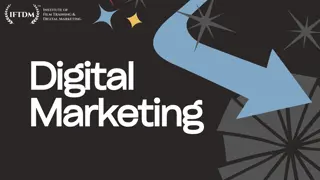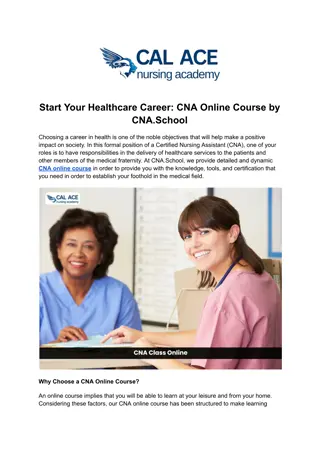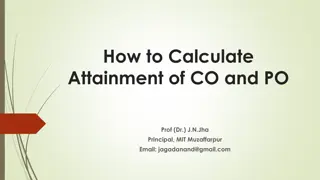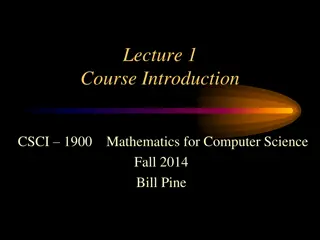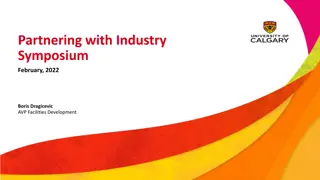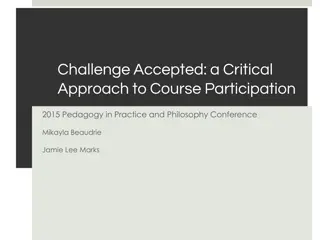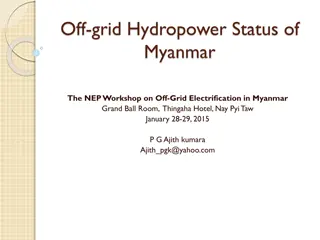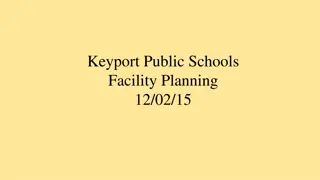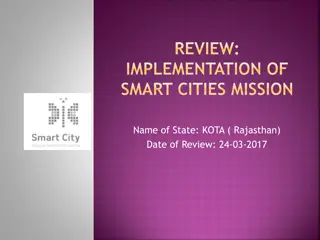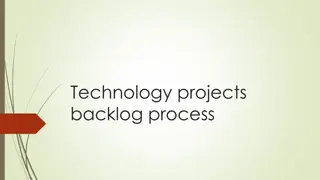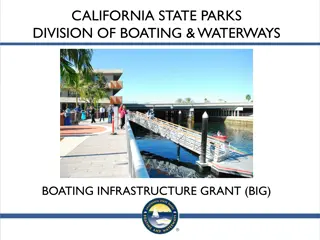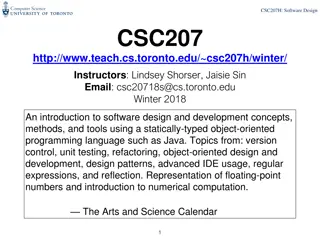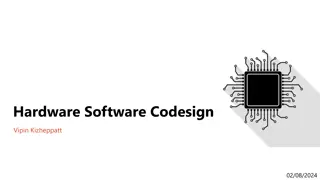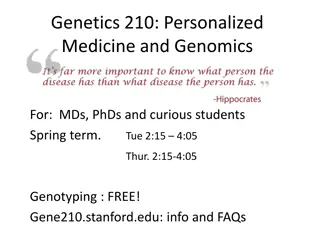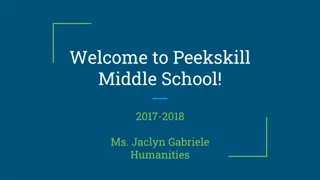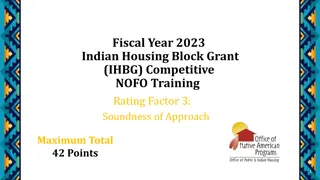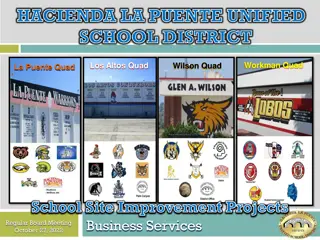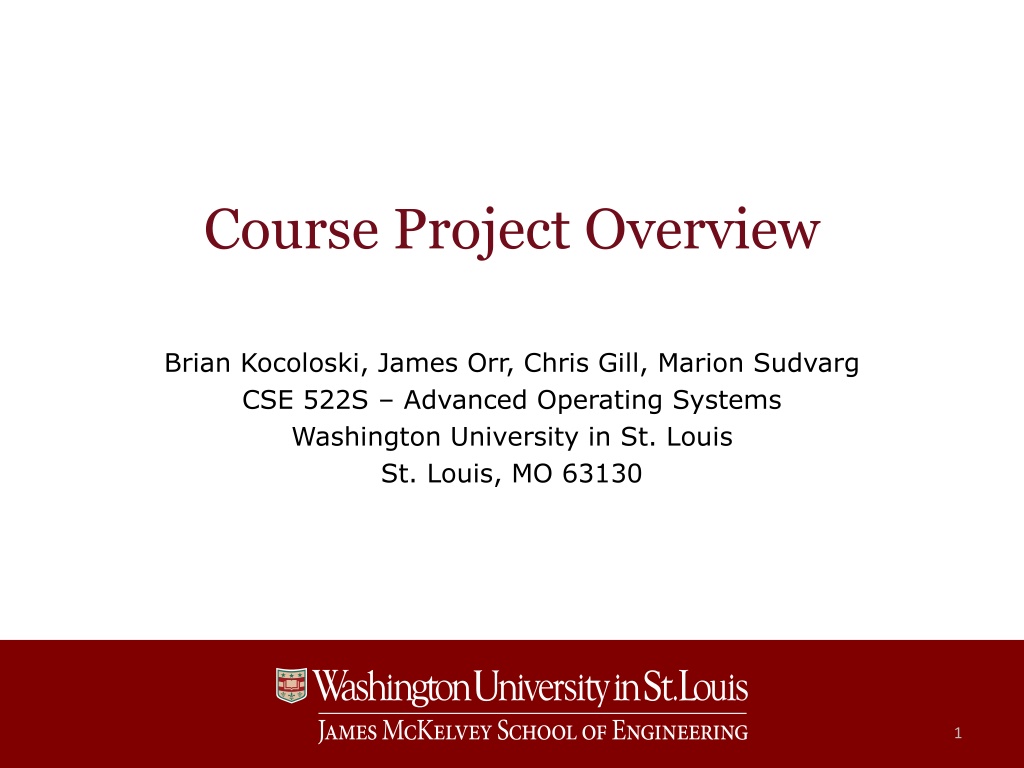
Advanced Operating Systems Project Guidelines
Explore different types of projects in CSE 522S Advanced Operating Systems at Washington University in St. Louis. Understand project requirements, conceptual design, implementation, and testing. Learn about project reports, presentations, and the detailed project schedule.
Download Presentation

Please find below an Image/Link to download the presentation.
The content on the website is provided AS IS for your information and personal use only. It may not be sold, licensed, or shared on other websites without obtaining consent from the author. If you encounter any issues during the download, it is possible that the publisher has removed the file from their server.
You are allowed to download the files provided on this website for personal or commercial use, subject to the condition that they are used lawfully. All files are the property of their respective owners.
The content on the website is provided AS IS for your information and personal use only. It may not be sold, licensed, or shared on other websites without obtaining consent from the author.
E N D
Presentation Transcript
Course Project Overview Brian Kocoloski, James Orr, Chris Gill, Marion Sudvarg CSE 522S Advanced Operating Systems Washington University in St. Louis St. Louis, MO 63130 1
Kinds of Projects Different types of projects: 1. Feature Development + Proof of Concept 2. Performance Analysis of System Behavior at the Operating System/Kernel level and/or above 3. Something else entirely (talk to us directly if it doesn t fit into either of these two categories) CSE 522S Advanced Operating Systems 2
Project Requirements Conceptual 1. Propose and motivate a modification, extension, or study of mechanisms, policies, and services provided by the Linux kernel or any other (potentially experimental) OS, and/or in system software above the OS (e.g., Docker) Design 2. Identify any files, data structures, control paths, etc. that will be used, modified, or extended (in the OS or above it) Implementation and Testing 3. Identify any kernel modules or user space programs that will be produced in order to implement, or to validate and test, the proposed design 4. Propose test cases to demonstrate and validate the design Planning 5. Include an eight-week schedule for the project, including detailed design, implementation, initial evaluation/demo, and final project presentation and writeup phases. CSE 522S Advanced Operating Systems 3
Project Reports End-to-end discussion of the status of the individual pieces in the proposal Explain the scientific basis for your approach What is the purpose of the project (motivation) What did you expect to find (hypothesis) What did you find (experiments+analysis) Most likely 3-5 pages for midterm report, and 5-10 pages for the full semester report CSE 522S Advanced Operating Systems 4
Project Presentations Same information as the report, but in visual form Communicate the big ideas+results to the rest of the class Give a demo of the parts that are working Roughly half as many slides as you have minutes is a good rule of thumb to follow CSE 522S Advanced Operating Systems 5
Schedule Fri Feb 10th: Project proposals due We will give feedback by Fri Feb 17th Proposal revisions are due by Tuesday Feb 28th Tuesday Apr 4th: Project milestone presentations/demos 10 minute presentation from each group on the big picture ideas for the project, status, current challenges, etc. Live demos of what works so far are strongly encouraged Project code + a shorter mid-semester report are due Wed April 5th Tue Apr 25th, Thu Apr 27th: Project presentations 20 minute presentation from each group on their entire project, lessons learned, potential further extensions of the work, etc. Live demos of what is working are strongly encouraged Mon May 1nd: Project code and full-semester reports are due CSE 522S Advanced Operating Systems 6
Changing Directions If you find that your original idea will not work, you can immediately change to a new or modified topic At that point, instead use the interim project milestone presentation/demo to: Present what you have done so far Explain why the original idea will not work Propose the new direction for the project Submit any completed code CSE 522S Advanced Operating Systems 7
A few Implementation Ideas Investigate new I/O scheduling algorithm, possibly for a specific type of application (for reference, see LKD ch. 14) Use multiple page sizes in the same process address space use intelligence to figure out whether a given region should get a large or small page (for reference, see LKD ch. 12, 15 & LSP ch. 9) Dynamically shift between shadow/nested paging (for reference, see https://www.cl.cam.ac.uk/research/srg/netos/papers/2003-xensosp.pdf) Exploit Docker and/or container-like features you ve looked at in studios to implement user (or user group) specific views, contents, etc. for an existing user-space service Exploit Docker and/or container-like features you ve looked at in studios to provide portability, e.g. the ability to migrate between hosts, a service with corresponding configuration or state (for reference, see the optional DKR book) A few Evaluation Ideas Measure virtualization overheads for different workloads do ARM and x86 perform mostly similarly, or are there differences? (for reference, look at QEMU and KVM documentation) Measure thread and process creation and execution times in different architectures with different workload mixes Investigate how thoroughly Docker and/or container-like features from studios isolate processes from each other: can they observe or manipulate hidden information through other techniques and mechanisms? CSE 522S Advanced Operating Systems 8



